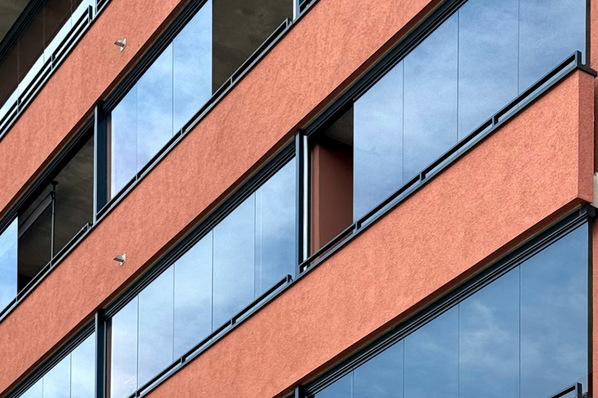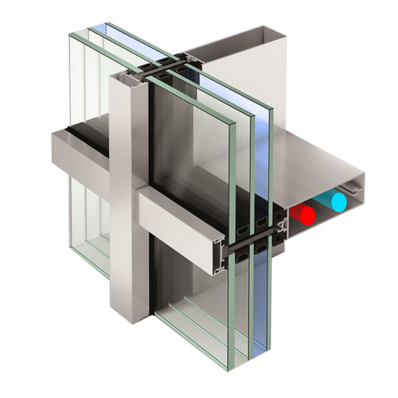Many international glass and machine suppliers have branches in the US, which are also responsible for the further distribution of products and machines to the North and South American markets. For North and South America, distribution often takes place via branches in the US. This means that they are heavily impacted by these tariffs, which in turn makes the products significantly more expensive.
With this in mind, we posed the following questions to our expert Val Voznyi, who is at home in Canada and knows the market well. Here are his 3 answers:
GW-News: Does Canada have its own float production that can serve the domestic glass and facade market?
Val Voznyi - Since 2009, Canada hasn't had any float glass production. The only one float glass plant in Owen Sound, Ontario was closed and fully demolished after 2008 following the financial crisis. In recent years, there has been a controversial attempt by Xinyi from China to build a large float glass plant near Stratford in southern Ontario. Despite potentially positive economic effects, this project was cancelled due to local protests. It was feared that cooling the plant’s crucial parts would deprive surrounding rural areas of water. Xinyi’s choice for the plant’s potential location raised many questions as southern Ontario has access to water from three of the Great Lakes – Huron, Erie and Ontario. In fact, the demolished float glass plant in Owen Sound sat on the shore of Georgian Bay of Lake Huron and probably never had any problems with water.

Richard Johnson
GW-News: What glass and facade products does Canada already import and where do they come from?
Val Voznyi - As Canada doesn’t have its own float glass manufacturing, it imports all float glass – mostly from the US. Also, many processed glass products are imported from the USA and other countries in Europe and Asia. These glass products include tempered and laminated glass, IGUs, windows and more. However, the supply of these products is not critical because Canada has many glass processing companies and can produce all necessary glass products.
See also: 3 answers about solar facades made of coloured glass from Holger Geisler
With this in mind, Canada actually would be an interesting country to establish float glass production, especially taking into account higher demand for local production caused by tariffs. Furthermore, the province of Manitoba has large deposits of silica sand, a crucial basic material for float glass.
GW-News: How do you see the chance/likelihood of processors manufacturing more in Canada because of the tariffs and how would this impact demand for processing machines?
Val Voznyi - The Canadian government understands that imposing retaliation tariffs on critical imports, such as glass, from the US is in fact self-retaliatory. However, US processed glass products may face heavy tariffs because Canada has many glass processing companies, and such retaliation can limit US-American supply of processed glass products and benefit many Canadian glass processing businesses. Even though some Canadian glass processors may lose their stakes in the American market, the overall balance can be more in Canada’s favour. In fact, we may expect growing volumes of glass processing in Canada over the coming years.
Also interesting: Affordable and safe AI for the glass and facade industry
Of course, glass fabricators may need more glass processing machines. However, currently the market is still watching and assessing as these tremendous shifts and ground-shaking changes.
Let us talk more about this and what it means for European players in the facade and glass industry in the next part.
The questions were asked by Malte Forstat and Matthias Rehberger

H.B. Fuller | Kömmerling














